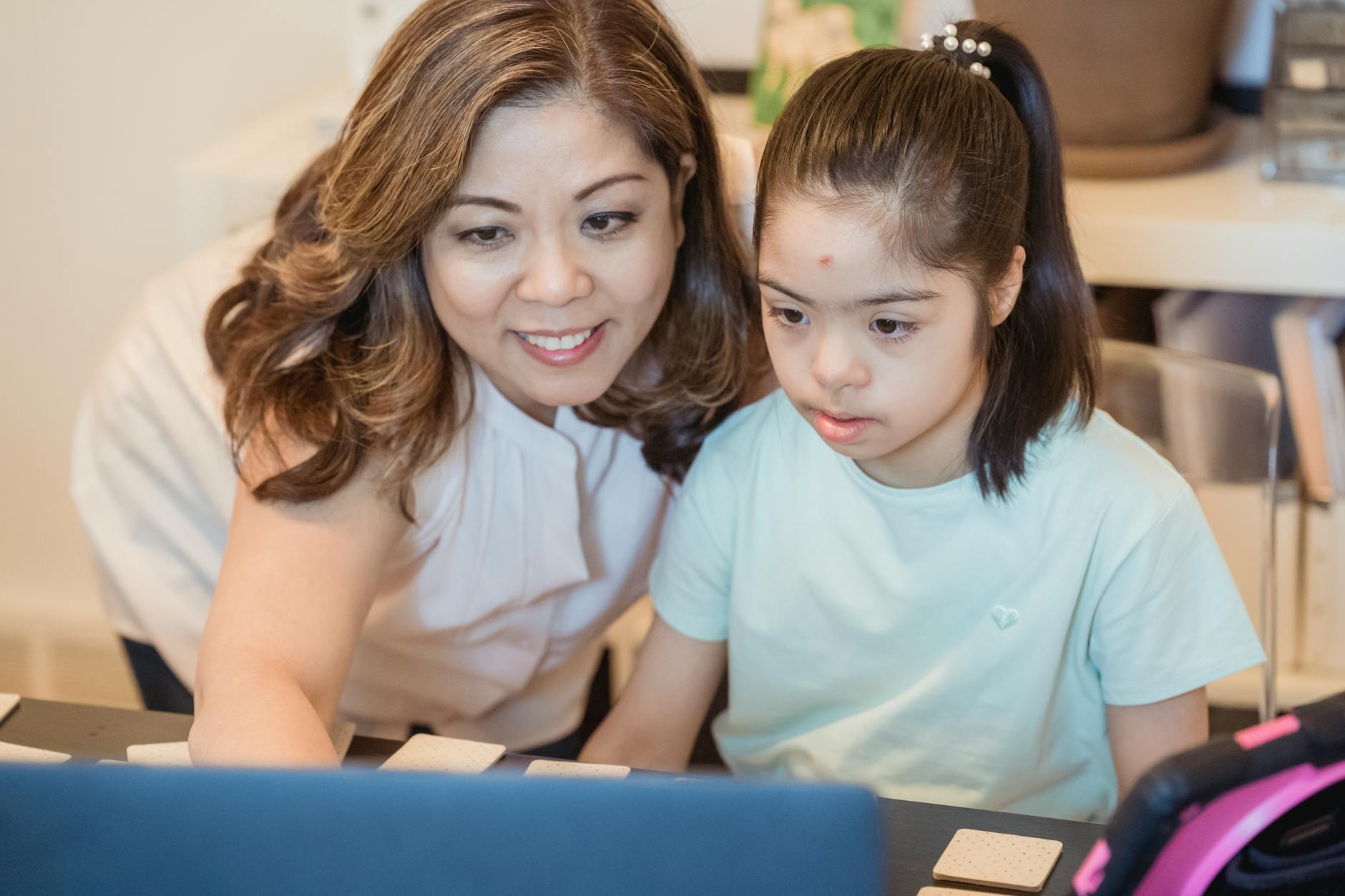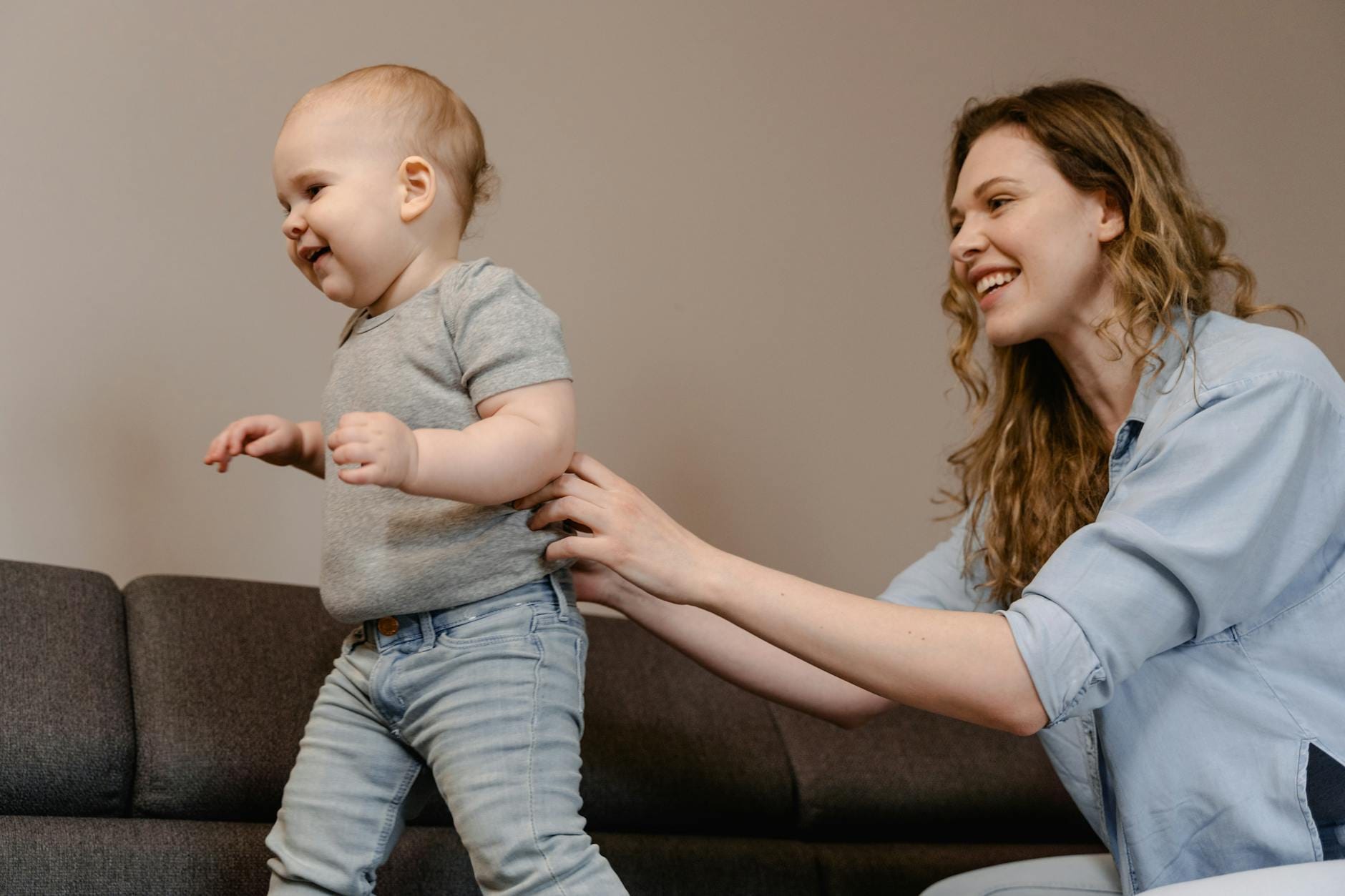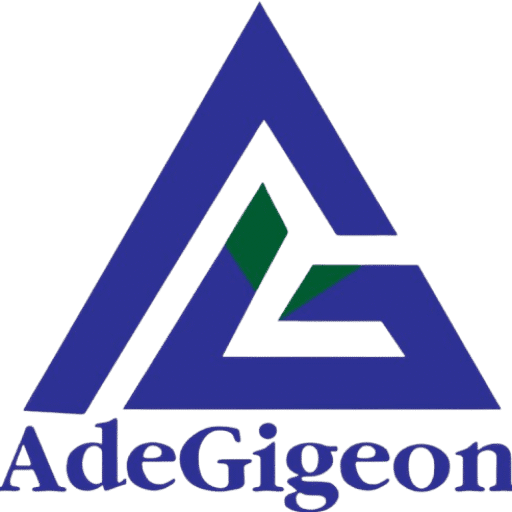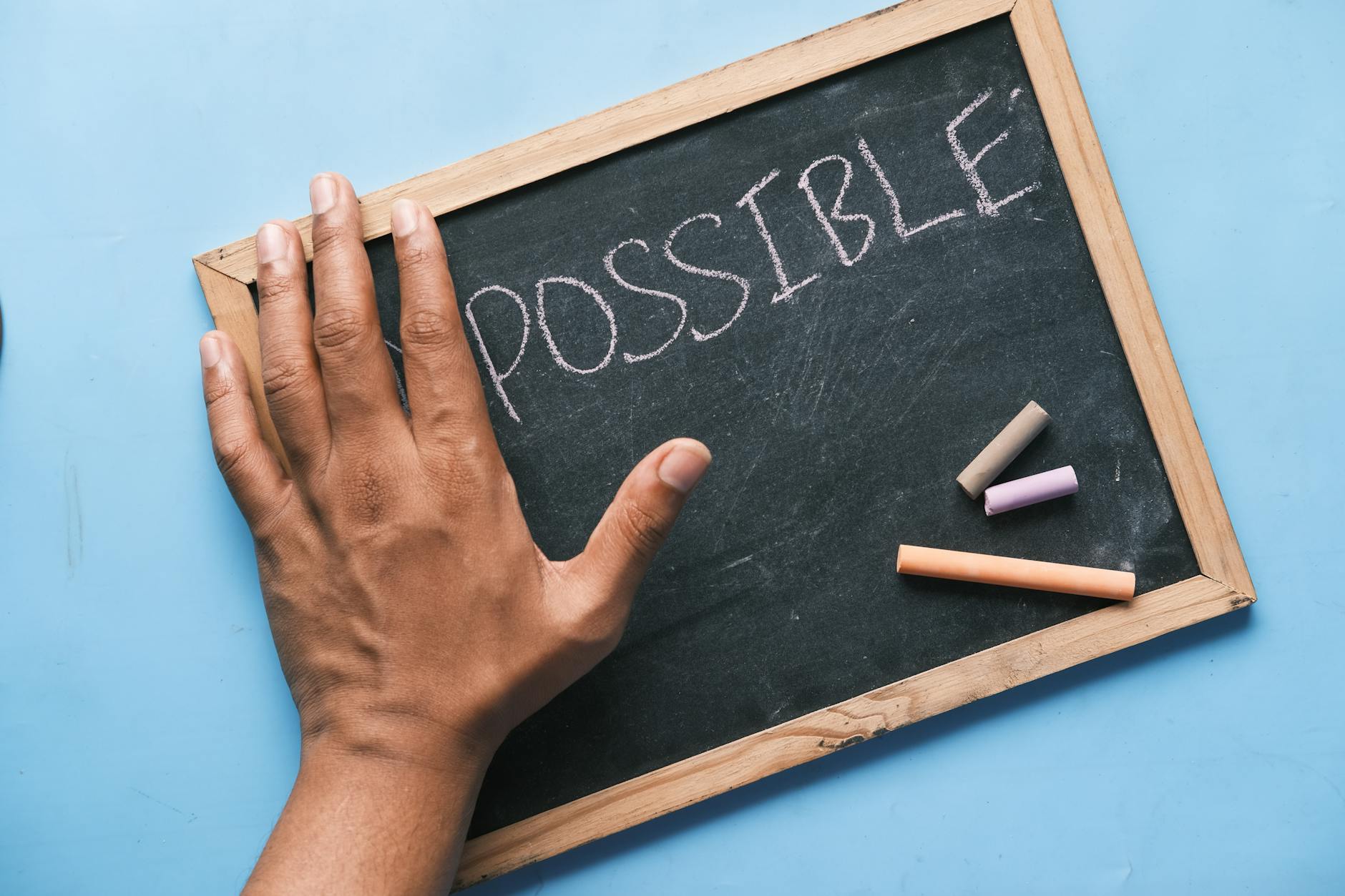A Practical Guide for Business Owners Who Want to Be Seen Online
Let’s be honest — when you hear “SEO,” it can sound like rocket science. Keywords, backlinks, meta tags… all those fancy terms can make any business owner wonder, “Can I really do SEO myself?”
If you run an online fashion brand or manage a school, you’ve probably felt the same frustration — your competitors show up first on Google while your website hides on page two or three (where no one looks). You know SEO matters, but hiring an agency might feel out of budget right now.
Here’s the good news: yes, you can start SEO on your own, especially if you understand your audience and are willing to learn the basics. In this guide, I’ll show you how SEO works in simple, real-world terms — and how you can start improving your visibility today, even before hiring a professional.
What SEO Really Means (And Why It’s Worth Your Time)

SEO stands for Search Engine Optimization — it’s the process of making your website easy for Google to find, understand, and recommend to people searching for what you offer.
Think of it like setting up a well-decorated boutique or classroom in a busy market: if your signboard is clear, your space looks inviting, and you deliver what people need, customers will naturally come in.
The same logic applies online. When you optimize your website for the right keywords and user experience, you increase your chances of being seen by the exact people looking for your services — whether it’s “custom tote bags in Lagos” or “online fashion courses in Nigeria.”
Why SEO Matters for Fashion Brands and Education Providers

For fashion and e-commerce brands, SEO helps your dream customers find you — not just on Instagram, but when they’re actively searching to buy.
Imagine a shopper typing “affordable designer handbags Nigeria.” If your site is optimized, your products appear right there in search results — no need to chase them with ads first.
For schools and course creators, SEO ensures parents and learners find you when searching for “best private schools near me” or “digital marketing training in Lagos.” That means fewer wasted ad clicks and more genuine, qualified leads.
In both industries, SEO builds long-term credibility — something ads alone can’t buy.
Can You Really Do SEO Yourself?
Yes — at least the foundations. You don’t need expensive tools or coding skills to start. What you need most is consistency and a clear understanding of your customers’ intent.
Here’s what you can confidently do on your own:
- Keyword Research: Find what your audience is searching for using free tools like Google’s Keyword Planner or Ubersuggest. Example: “affordable handbags Nigeria,” “best preschool in Lekki.”
- On-Page Optimization: Add those keywords naturally to your page titles, headings, and descriptions.
- Content Creation: Write blog posts or guides that answer real questions your audience asks.
- Local SEO: List your business on Google Business Profile (for local visibility).
- Basic Analytics: Use Google Search Console to track how you’re performing in search.
These small steps alone can move your site from invisible to visible.
What You’ll Still Need Professional Help For (Eventually)

While DIY SEO is great for getting started, there are deeper layers that often require expert touch:
- Technical SEO: Speed optimization, schema markup, and website structure.
- Link Building: Getting other websites to link back to yours for authority.
- Advanced Analytics: Understanding how SEO interacts with your ad performance.
- Conversion Optimization: Turning your new traffic into paying customers or enrollments.
This is where professional digital marketing services — like SEO, Meta Ads, and Google Ads — come in. They help you scale your results faster and more strategically, using the data you’ve already gathered.
How SEO Fits Into the Bigger Picture (SEO vs Google Ads vs Meta Ads)

Each marketing channel serves a different purpose in your growth journey:
- SEO: Long-term visibility and trust. Once you rank, traffic keeps coming without paying per click.
- Google Ads: Instant visibility for high-intent searches (e.g., “buy handbag online Lagos”).
- Meta Ads: Awareness and storytelling — great for showcasing your products or brand story visually.
Example:
Let’s say you run a Lagos-based fashion brand.
- SEO brings steady traffic from Google searches like “custom tote bags Nigeria.”
- Google Ads gives you an instant boost when launching a new collection.
- Meta Ads help you retarget visitors who viewed your products but didn’t buy.
Together, they create a full customer journey — from discovery to purchase to repeat order.
Simple SEO Steps You Can Start This Week

Here’s a quick plan you can follow without feeling overwhelmed:
-
Pick 3–5 Core Keywords
- Use ones your audience would actually type into Google.
- Example: “affordable fashion store Nigeria,” “best preschool in Abuja.”
-
Update Your Page Titles & Meta Descriptions
- Keep them short, clear, and include your main keyword.
- Example: “Affordable Custom Tote Bags in Lagos | BagItMemories.”
- Add Fresh, Helpful Content Weekly
- Share tips, success stories, or answers to common customer questions.
- This builds authority and keeps Google interested in your site.
- Improve Your Website Speed
- Use tools like PageSpeed Insights to check load time.
- Compress images and avoid heavy plugins.
- Claim Your Google Business Profile
- Add your name, address, phone number, and reviews.
- Helps you appear in “near me” searches.
- Track Your Progress
- Use Google Search Console to monitor impressions and clicks.
These practical steps alone can make a visible difference within 2–3 months if done consistently.
Realistic Expectations: SEO Takes Time, But It Pays Off
SEO is a long game. You won’t rank overnight, but you’ll see consistent improvements over time — more impressions, more clicks, and better quality leads.
A well-optimized site is like a reliable salesperson working 24/7 — attracting visitors, building trust, and closing sales while you sleep.
The key is patience, persistence, and data. Keep adjusting your strategy based on what your audience responds to.
Final Thoughts
So, can you do SEO yourself? Absolutely. Start small, stay consistent, and focus on understanding what your audience is searching for.
Once you’ve mastered the basics, you can amplify your efforts with expert help through Google Ads for quick wins and Meta Ads for brand storytelling — all working together to build your long-term growth engine.
SEO isn’t just about ranking higher; it’s about becoming visible to the right people and turning that visibility into results.
Ready to learn more? Explore practical resources on SEO and digital marketing to keep improving your strategy one step at a time.

Samuel Adebusuyi
Hi, I’m Samuel! I’m an SEO specialist and copywriter with 3 years’ experience turning clicks into customers. I love crafting content that ranks and resonates, helping brands grow their online presence one post at a time.
Frequently asked Questions
1: How long does it take to see results from SEO?
SEO results don’t happen overnight. On average, you’ll start seeing noticeable improvements within 2–3 months, especially if you’re consistent with your content and keyword strategy.
Think of it like growing a tree — the roots (your SEO foundation) come first, then visibility, traffic, and conversions follow over time.
2: Can I do SEO without any technical background?
Yes, 100%. Most of SEO’s early wins come from simple, practical steps — like optimizing your titles, writing useful content, and using Google Business Profile.
You don’t need coding experience to get started; tools like Ubersuggest, Google Search Console, and Yoast SEO make it easy to manage even if you’re not tech-savvy.
3: What’s better for quick visibility — SEO or Google Ads?
If you want immediate results, Google Ads is faster because you’re paying for visibility. But if you want sustainable, long-term growth, SEO is the smarter investment.
Ideally, use both: Ads to drive quick leads, and SEO to keep attracting free traffic even after your ads stop running.
Related post

Affordable SEO for Nigerian Small Businesses
Running a small business in Nigeria and tired of overpriced SEO offers? This guide on affordable SEO for Nigerian small businesses breaks down what truly works — and what’s a total waste of money. From beating paid ads with lasting organic visibility to avoiding scammy “#1 in two weeks” promises, you’ll learn practical, budget-friendly SEO steps that actually deliver results. Whether you’re in fashion, education, or eCommerce, these tips will help you attract customers consistently without breaking the bank. Ready to improve your visibility? Tap the green WhatsApp button on our site to chat with Adewale Gideon’s team today.

Top SEO Mistakes Small Businesses Make?
Many small businesses struggle with SEO without realizing it. From targeting the wrong keywords and relying only on social media for sales, to having beautiful but non-search-friendly websites — these mistakes affect visibility and conversions. In this guide, we break down the top SEO mistakes small businesses make and show simple, practical fixes that don’t require wasting ad spend.

How to Create an SEO Strategy That Works for Your Business
Ever wondered how to create an SEO strategy without feeling overwhelmed? This post explains it like a chat over coffee — clear, simple, and built for real results.

